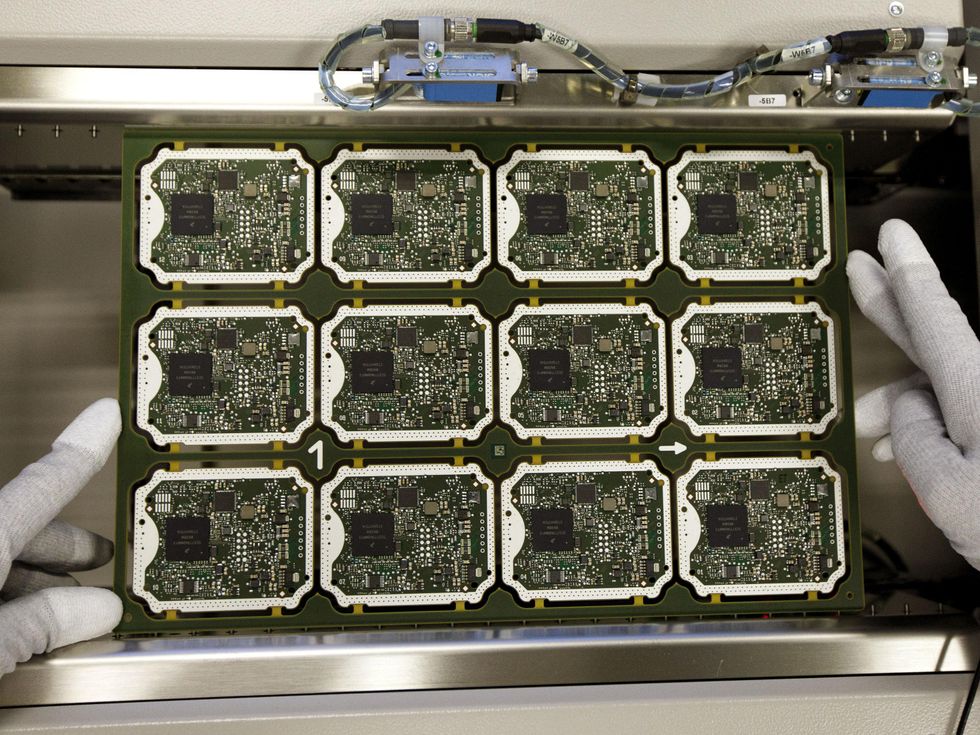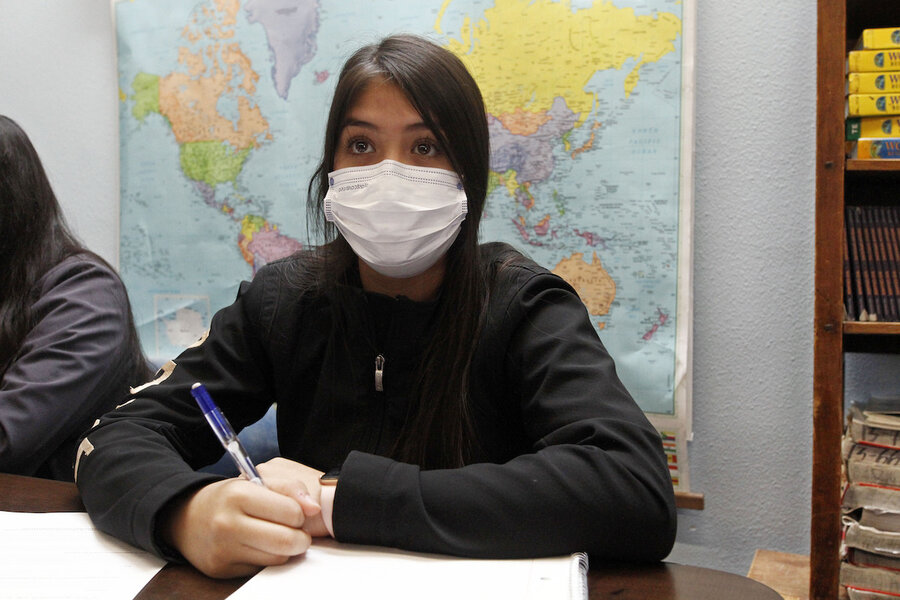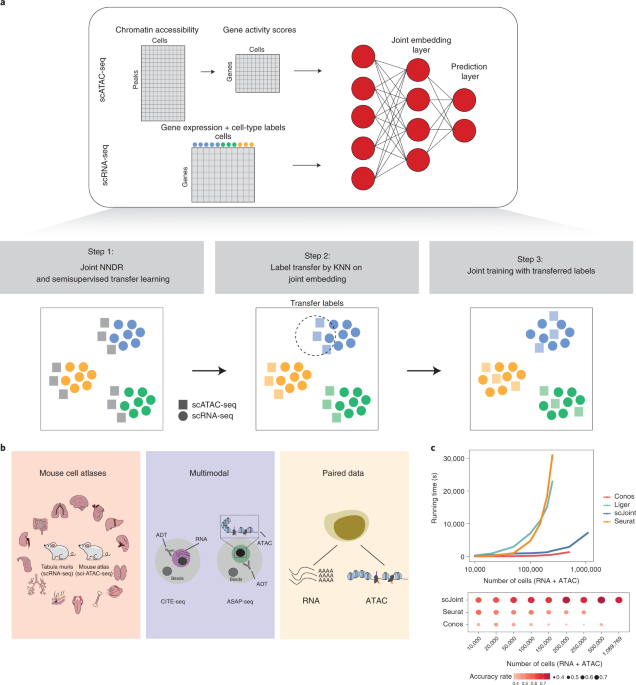New research by Colgate University scientists changes the understanding of seasonal thawing in parts of Antarctica. Summer thawing occurs nearly a month earlier and stays thawed for a full two months longer, researchers have found.
The U.S. National Science Foundation-supported study is published in Arctic, Antarctic, and Alpine Research. “These results indicate that hydroclimatic processes in Antarctica are changing,” said Michael Jackson, acting section head in NSF’s Office of Polar Programs. “The work also shows the power of public-private partnerships and NSF data facilities to acquire and analyze geospatial data.”
Researchers used newly available satellite imaging from Planet, an Earth imaging company, which can scan the surface of the Earth daily or multiple times per day. The new stream of data is having a major impact, the geoscientists said. In the past, they had to rely on far fewer satellite images or had to make the voyage to Antarctica to conduct soil measurements in person.
“What we found was that when you can scan Antarctica almost every day, not just a couple of times a summer, we see that the ground is thawing and turning into icy swamps a full month earlier, and it’s staying wet and thawed a full two months later,” said Joseph Levy, a scientist at Colgate and one of the authors of the study.
“The ground is thawing and staying thawed at temperatures below freezing, so we know salts must be helping it to melt and keeping it muddy, like salting a road during a snowstorm.”
Levy said that the extended melt is a boon to organisms that need meltwater to survive in the harsh climate but is bad news for the long-term stability of the permafrost.
Note: This article have been indexed to our site. We do not claim legitimacy, ownership or copyright of any of the content above. To see the article at original source Click Here













